
Tech and Digital media: New ways to perceive cultural heritage?
The conference will discuss how recent technological inventions and digital media can define new and extended functions for cultural heritage in society today. The demand to implement new digital media and technological methods is manifold and contains among other aspects the aim to create more efficient management. This calls for dynamic and interactive arenas for stakeholder interaction and improved and accessible ways to disseminate the past to today’s population.
What opportunities does new digital heritage offer? What novel methods for digital registration, documentation and communication will open up? Will digital heritage create new ways to perceive cultural heritage? Will digital cultural heritage contribute to a more open and inclusive society? These are some of the questions that the Critical Digital Heritage Conference 2020 will address.





SESSIONS: What can new digital heritage offer?
The conference is divided into four sessions:
1. Digital heritage methodologies
What newer digital recording, documentation and communication opportunities are
available, and how can these contribute to research, management and dissemination?
2. HERITAGE COMMUNICATION, mUSEUMS AND THE sTORYTELLING OF THE DIGITAL
How does digitisation and advances in virtual reality and new media affect the circulation of heritage, and what challenges and opportunities arise alongside the new ways of communicating the past in the present?
3. People-centred digital heritage
How can people-centred participatory approaches contribute to digital heritage practice and visa versa? How can digital technologies be used by heritage professionals and community stakeholders to co-create heritage futures?
4. Digital heritage mANAGEMENTS
The session will address several management related topics regarding digital heritage. How digital heritage creates new forms of management and preservation practices and produces new types of (intangible/tangible) heritage will be in focus.
Meet our Keynote speakers and organisers

Stuart Jeffrey
Glasgow school of Art
Stuart Jeffrey is Reader in Heritage Visualisation at the School of Simulation and Visualisation, The Glasgow School of Art.
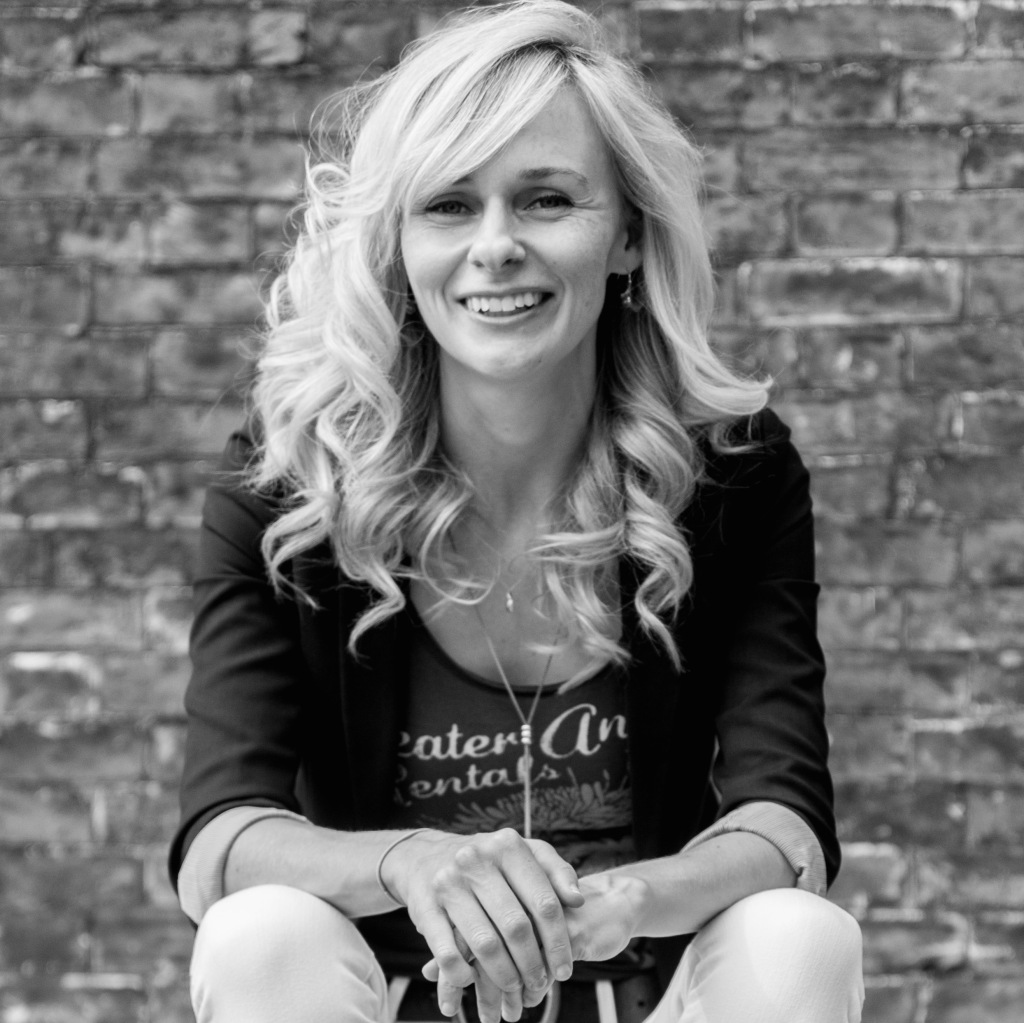
Sara Perry
MOLA, Museum of London Archaeology
Sara is the Director of Research and Engagement at MOLA (Museum of London Archaeology).
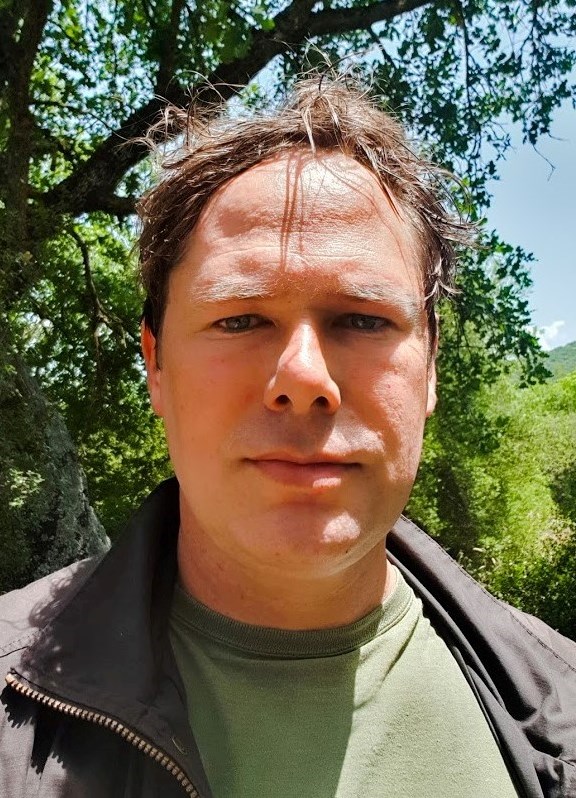
Immo Trinks
LBI Arch Pro
Immo Trinks (PhD) is the deputy director of the LBI Arch Pro and the key researcher for Geophysical Archaeological Prospection
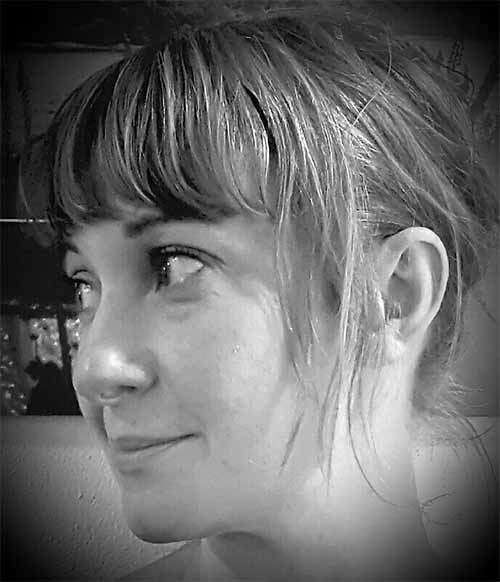
Lorna Jane Richardson
University of East Anglia
Lorna-Jane Richardson is Lecturer in Digital Humanities, and specialises in digital heritage, digital ethics, and social media research methods.
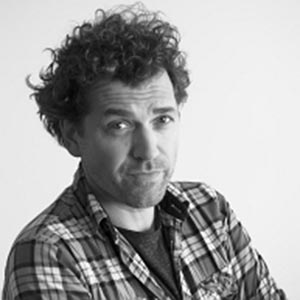
Torgrim Sneve Guttormsen
NIKU
Torgrim Sneve Guttormsen is an archaeologist and a Research Professor at Norwegian Institute for Cultural Heritage Research. He is also head of the Department of Heritage and Society at his institute.
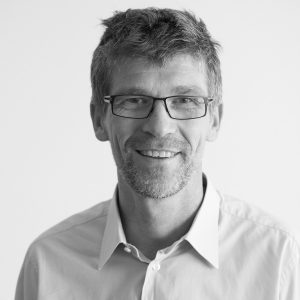
Knut Paasche
NIKU
Knut Paasche (PhD) is an archaeologist and researcher; he is also head of the departement of Digital Documentation, Cultural Heritage and Landscape at NIKU.
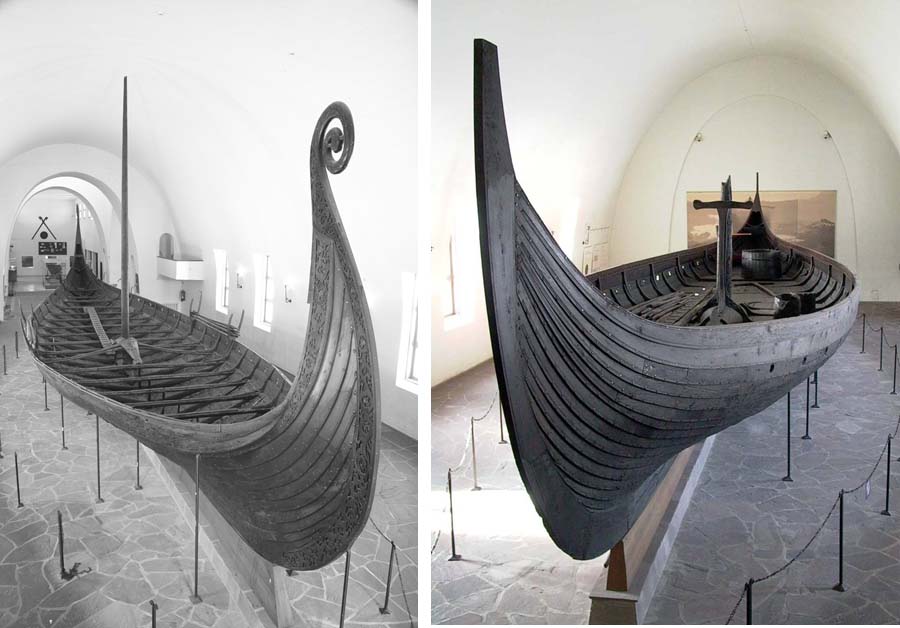
A Viking ship reception
Join us for the opening reception at the Viking ship museum in Oslo for a unique tour of the ships.

